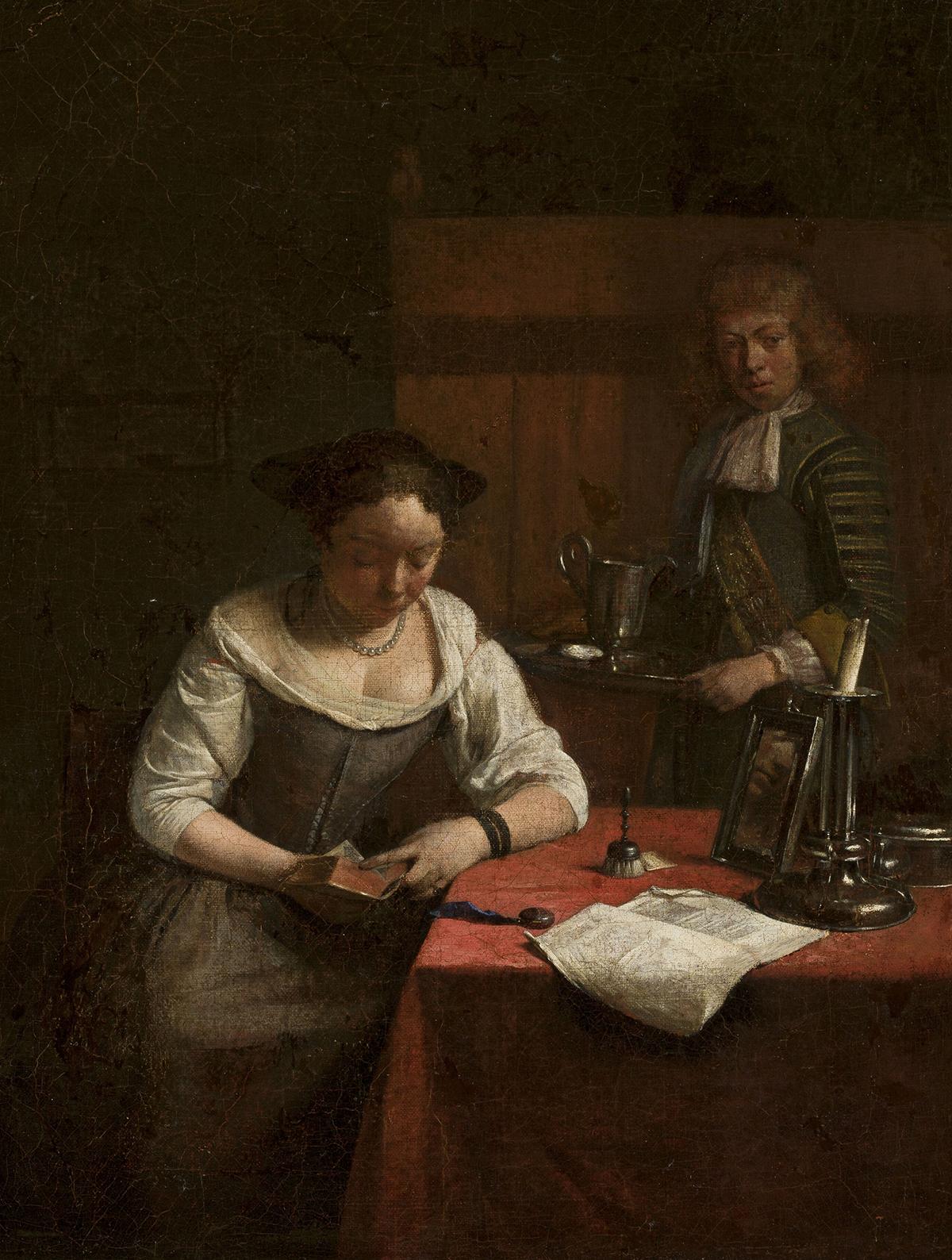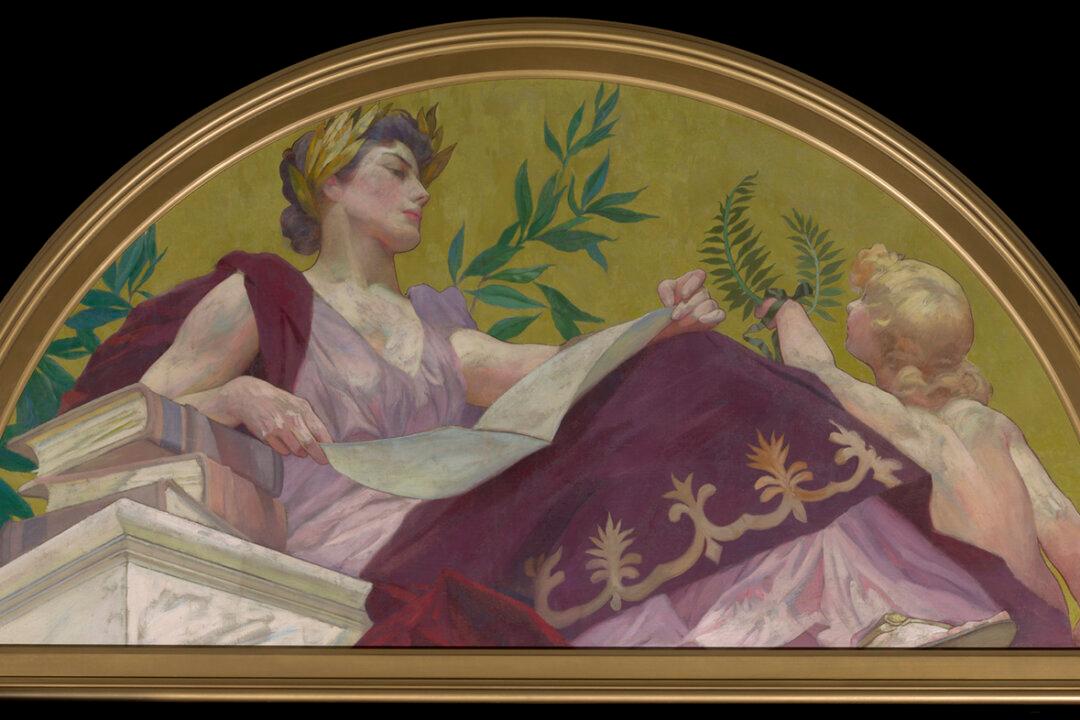In Chapter I of “The Novel, Who Needs It?” Joseph Epstein includes this snippet of dialogue from Bernard Malamud’s novel “The Assistant”:
He asked her what books she was reading. “‘The Idiot,’ do you know it?” “No. What’s it about?” “It’s a novel.” “I’d rather read the truth,” he said. “It is the truth.”
“The truth she is referring to,” Epstein then writes, “is the truth of the imagination.”
"Woman Reading a Book," 17th century, by Gerard ter Borch. Oil on canvas. National Museum in Warsaw, Poland. Public Domain






